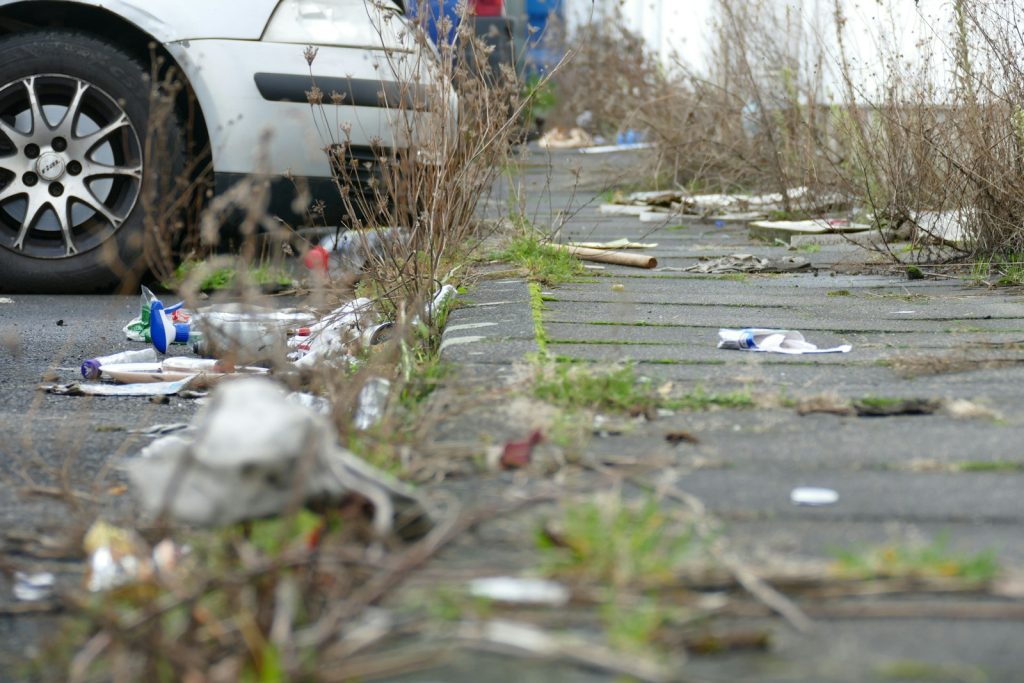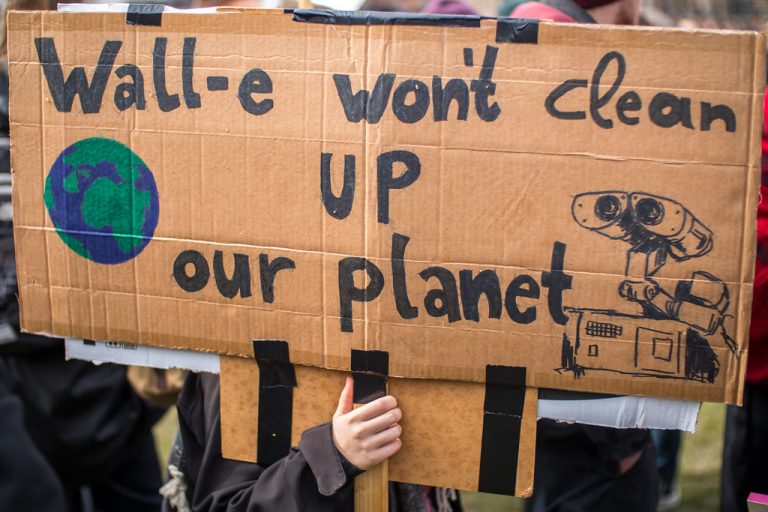
Environmental pollution
In the heart of a bustling metropolis, a young woman named Aisha navigates through a maze of garbage as she walks to work. The sight of overflowing bins and litter strewn across the streets has become all too familiar. Despite living in a city known for its vibrant culture and economic opportunities, Aisha often wonders about the hidden costs of urban life, particularly the management of waste that accumulates daily. Her story is emblematic of a global issue: urban waste management is at a critical juncture, facing numerous challenges while also presenting opportunities for innovative solutions.
The State of Urban Waste Management
Urban waste management encompasses the collection, transport, processing, recycling, and disposal of waste generated in urban areas. As cities grow and populations swell, the volume of waste produced increases dramatically. According to the World Bank, cities worldwide generate over 2 billion tons of municipal solid waste annually, with projections indicating a 70% increase by 2050. This surge poses significant challenges for waste management systems that are often ill-equipped to handle such volumes.
Waste Profiles in Urban Areas
The composition of urban waste varies significantly from one city to another, influenced by factors such as local consumption patterns, industrial activities, and cultural practices. Common categories include:
- Organic Waste: Food scraps and yard waste constitute a significant portion of urban waste.
- Plastics: Single-use plastics are prevalent in many urban settings, contributing heavily to pollution.
- Hazardous Waste: Industrial byproducts and electronic waste pose particular challenges due to their toxicity.
Challenges in Urban Waste Management
- Inefficient Collection Systems: Many cities struggle with outdated waste collection systems that fail to keep pace with rising waste volumes. Inadequate infrastructure can lead to missed pickups and overflowing bins.
- Public Awareness and Participation: Despite efforts to promote recycling and waste separation, many residents remain unaware of proper practices or lack motivation to participate actively in waste management initiatives.
- Regulatory Frameworks: Inconsistent policies across regions can hinder effective waste management. Some cities lack comprehensive regulations that address the complexities of modern waste generation.
- Technological Limitations: Many urban areas still rely on traditional disposal methods such as landfilling and incineration without exploring advanced technologies that could enhance efficiency and sustainability.
- Environmental Impact: Poorly managed waste can lead to significant environmental degradation, including air and water pollution, which poses health risks to local communities.
Innovative Solutions for Urban Waste Management
Addressing the challenges of urban waste management requires innovative approaches that leverage technology, community engagement, and sustainable practices. Here are several promising solutions:
- Smart Waste Management Technologies:
- Implementing smart bins equipped with sensors can optimize collection routes based on real-time data about bin capacity. This reduces operational costs and improves efficiency.
- Utilizing data analytics can help municipalities forecast waste generation trends and allocate resources more effectively.
- Enhanced Recycling Programs:
- Cities like San Francisco have set ambitious goals for zero waste by implementing comprehensive recycling programs that include public education campaigns and incentives for participation.
- Establishing deposit return schemes for beverage containers encourages consumers to return items for recycling rather than discarding them.
- Composting Initiatives:
- Community composting programs can significantly reduce organic waste sent to landfills while producing valuable compost for local gardens and farms.
- Municipalities can provide residents with composting bins and educational resources to promote backyard composting.
- Waste-to-Energy Technologies:
- Advanced incineration facilities equipped with emissions control technologies can convert non-recyclable waste into energy while minimizing environmental impacts.
- Anaerobic digestion processes can transform organic waste into biogas, which can be used for electricity generation or as a renewable energy source.
- Circular Economy Practices:
- Encouraging businesses to adopt circular economy principles—where products are designed for reuse or recycling—can minimize waste generation at the source.
- Collaborating with local industries to create closed-loop systems where materials are continuously reused can foster sustainability.
- Community Engagement and Education:
- Increasing public awareness through educational campaigns about the importance of responsible waste management is crucial for fostering community participation.
- Involving local residents in decision-making processes regarding waste management policies can enhance accountability and effectiveness.

Conclusion:
Aisha’s experience navigating her city’s garbage-laden streets highlights the urgent need for effective urban waste management solutions. As cities face mounting pressures from population growth and consumption patterns, innovative approaches must be prioritized to address these challenges head-on. By investing in technology, enhancing recycling efforts, promoting composting initiatives, adopting waste-to-energy solutions, embracing circular economy practices, and engaging communities in meaningful ways, we can pave the way toward sustainable urban environments that prioritize both human health and ecological integrity.The future of urban living depends on our ability to manage waste sustainably; it is not just an environmental issue but a fundamental aspect of public health and community well-being. The time for action is now—cities must rise to the challenge of transforming their waste management systems into models of efficiency and sustainability for generations to come.



